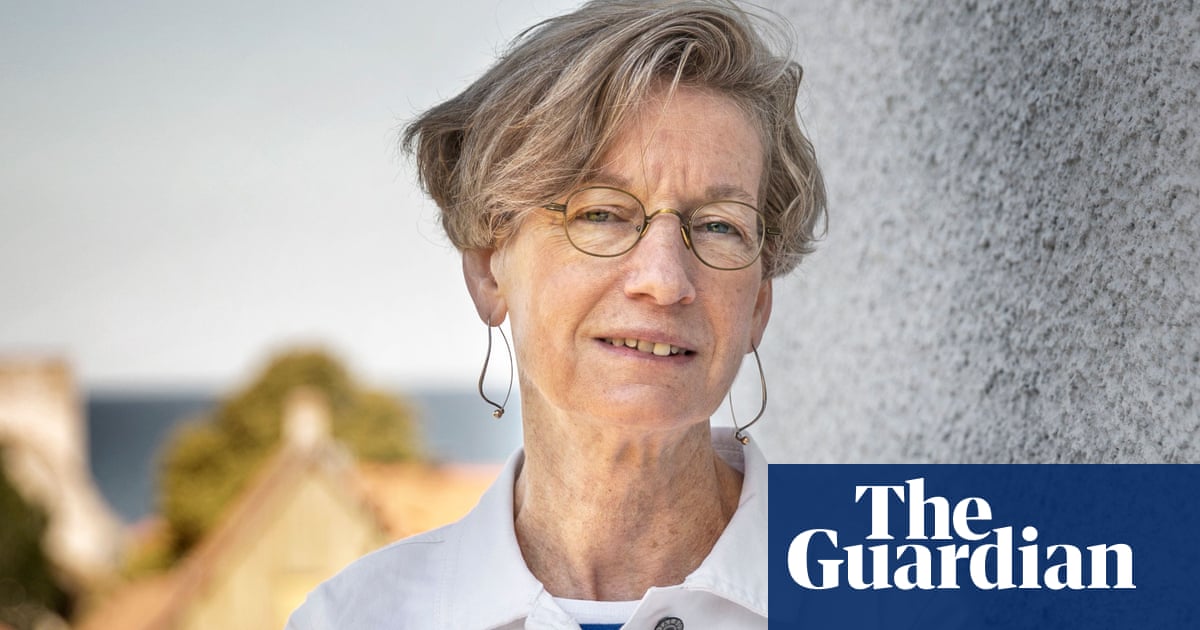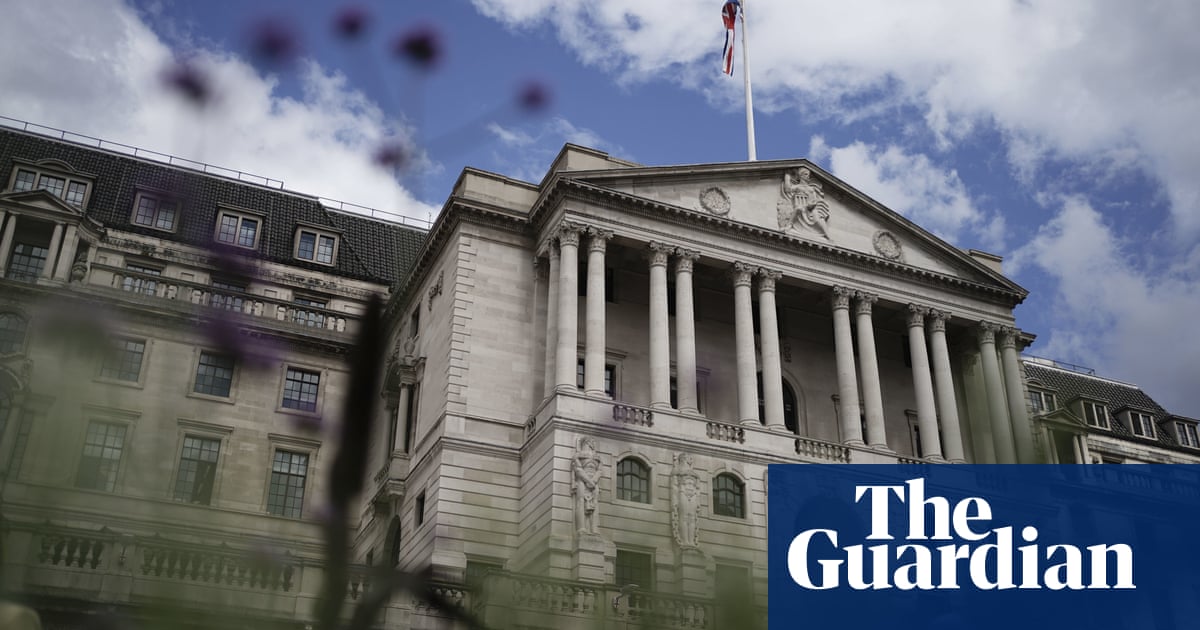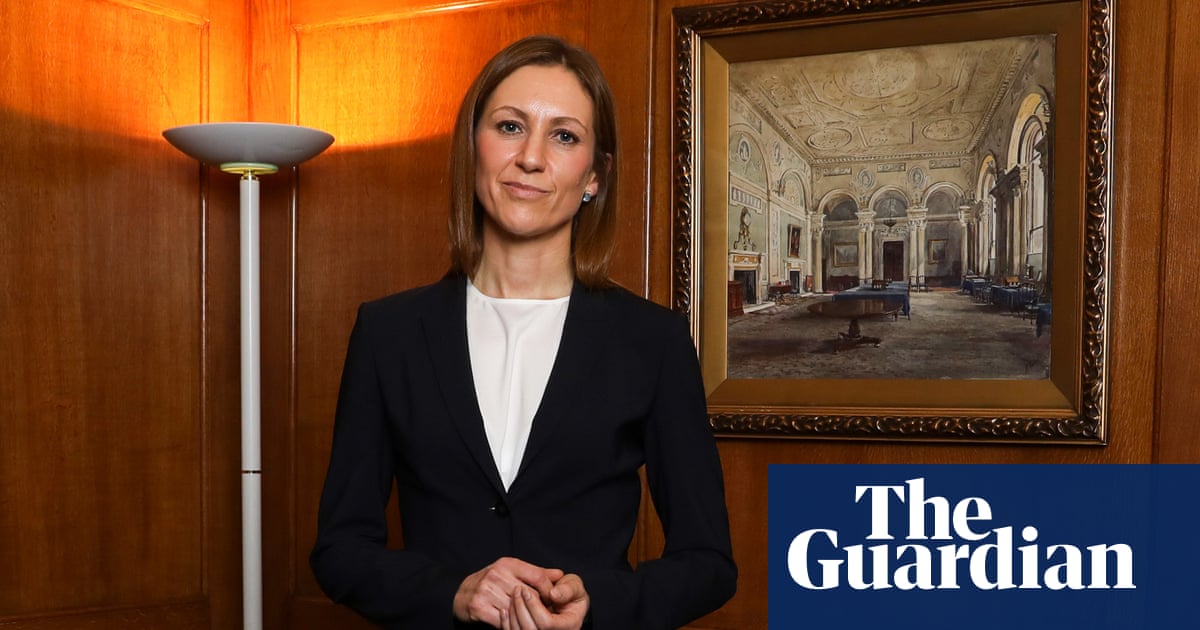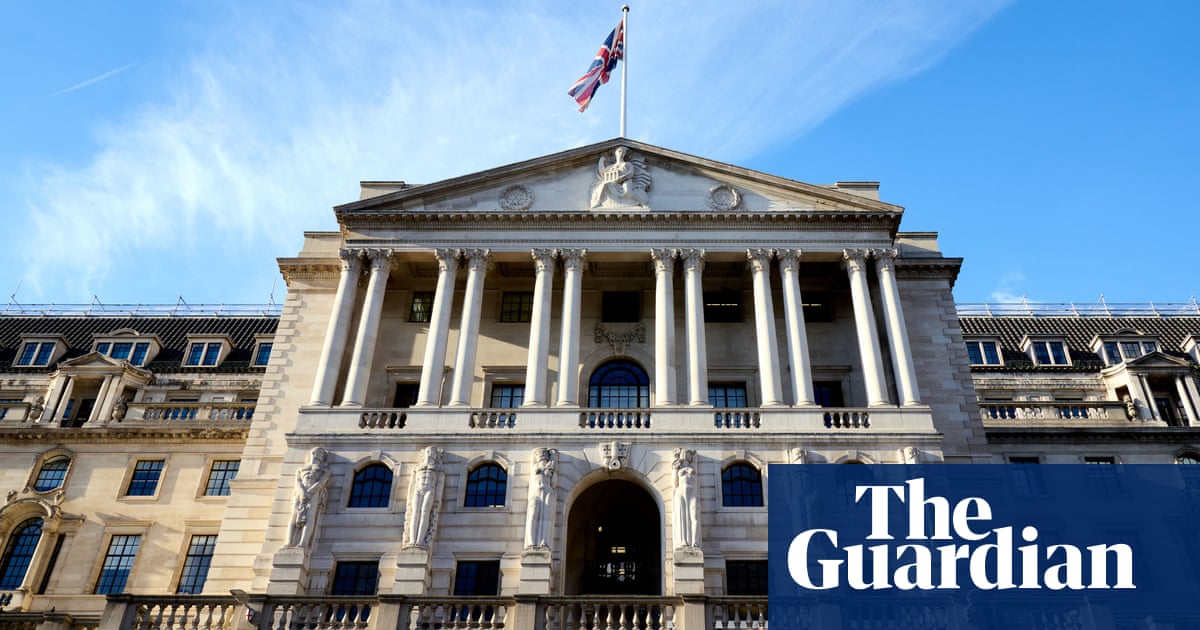
Two of the Bank of England’s nine-strong monetary policy committee have said they prefer to wait and see how surging gas prices and shortages of raw materials affect inflation before voting for a rise in borrowing costs.
In a message that will be seen as a swipe at more hawkish members of the monetary policy committee (MPC), who have signalled a willingness to raise borrowing costs, the economists said the recovery still remained uncertain.
Catherine Mann, a former chief economist at the Organisation for Economic Co-operation and Development and the US bank Citi, said the central bank could hold off on raising interest rates because financial market traders were doing some of its work for it by betting on tighter monetary policy in Britain and the US.
She said speculation about the BoE’s intentions was increasing the cost of borrowing in financial markets, which is what a rate rise would be designed to achieve.
“They see that monetary policy normalisation is the direction of travel … and so they are doing their homework and they are starting to price in that direction of travel,” Mann told an online discussion organised by the Euro50 Group, which debates European economic and financial policy issues.
Silvana Tenreyro, who sits on the MPC with Mann, also spoke out against an early rate hike, saying a nudge higher could be “self-defeating” if inflationary pressures turn out to be temporary.
On a virtual trip to Wales, Tenreyro argued that the current level of inflation was being measured against low prices last year in the aftermath of the first lockdown.
The former London School of Economics professor said large increases in the global price of energy and other commodities were also pushing up inflation, “but these effects in general tend to be short-lived”.
Speaking to BusinessLive Wales, Tenreyro said: “The prices go up, but they don’t keep going up sustainably, so you have a one-off price effect and in that sense inflation should be transitory.
“By the time interest rates were having a major effect on inflation, the effects of energy prices would already be dropping out of the inflation calculation. If some effects were to prove more persistent, it would be important to balance the risks from a period of above target inflation with the cost of weaker demand,” she added.
Many investors are betting that the BoE will raise interest rates before the end of the year, becoming the first major central bank to do so since the start of the coronavirus pandemic.
Last week the Bank’s governor, Andrew Bailey, said he was concerned about inflation running above the central bank’s 2% target and the “very damaging” effect if consumers and businesses believed it had become permanently elevated.
Another MPC member, Michael Saunders, said it was appropriate that financial markets were focused on a rate rise before Christmas, adding to speculation that Threadneedle Street might raise rates.
Bank officials are concerned that a long period of above-target inflation could trigger a round of pay rises that force companies to put up prices of goods and services further.












